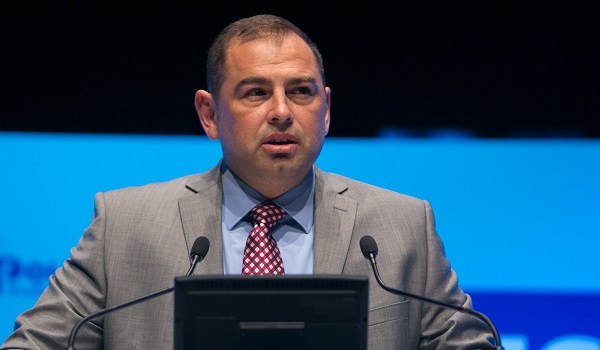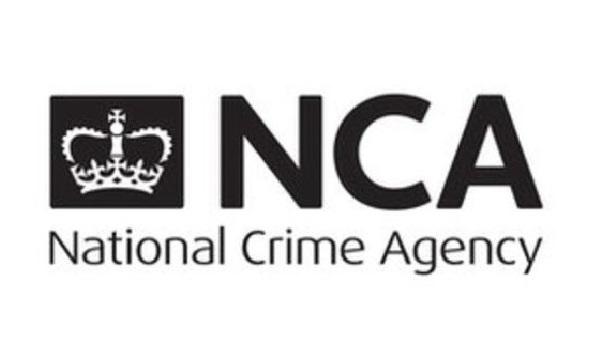Home Office minister backs test to evict families of violent criminals to ‘help cut offending’
A force trial using legislation that can have the effect of doubly punishing offenders is being publicly endorsed for the first time by a Government minister.
Victoria Atkins has put her weight behind a plan being tested in north London by the Metropolitan Police Service that pressures violent criminals and gang leaders into “understanding the consequences” of their actions.
Families of gang members who are living in council housing should have their homes taken away, the Home Office minister believes.
She sees the move as a deterrent to “hardened criminals” as concerns mount about soaring knife crime in London with almost 1,300 stabbings – and 77 suspected murders – since the start of the year.
Ms Atkins said the Government had “changed the law to enable it to happen” – referring to the Anti-social Behaviour, Crime and Policing Act 2014 which critics claim allowed new powers that were “discriminatory and unfair as well as illogical and ineffective”.
Civil rights campaign group Liberty argues whole families could be “turfed out from their homes because of the actions of one person” – piling pressure on “innocent and vulnerable people.
In a statement it said: “A basic principle of criminal law is that an individual should be subject to appropriate punishment for their crime just once. Our criminal law is designed to do exactly this.”
But Ms Atkins said: “In the most serious cases with these people who are exploiting young people, making the lives of local residents a misery, putting fear into people’s hearts when they’re picking children up from the school gates, I think absolutely they should understand the consequences of their criminal behaviour.”
Ms Atkins said the rising rates in knife crime was “very, very worrying” and suggested parents should be checking kitchen drawers to ensure their children were not taking household knives to school.
“There are themes that emerge [that contribute to gang violence], school exclusion, dealing with domestic violence at home,” she said.
“If we can stop the violence at home it means those children are not desensitised to violence in a way they are if they see it happening.”
The north London pilot scheme – part of the Integrated Gangs strategy, under which the MPS works with council teams, including psychologists, probation workers and social workers, to try to stop people getting involved with gangs – was introduced after the 2011 riots.
It is seen as a ‘stick and carrot’ scheme that, on the one hand, threatens whole families in council homes with eviction while offering leniency to gang members in some low-level cases, such as possession of cannabis, on the other.
It has been backed by Superintendent Nick Davies, commander of London central north, but he stressed people would only be evicted in the worst cases – with the threshold set at a high bar.
The Home Office points out that the 2014 Act introduced an “absolute ground for possession power to speed up the possession process in cases where anti-social behaviour or criminality has already been proven by another court”.
Its statement to Police Professional added: “The absolute ground for possession is intended to be used in the most serious cases and landlords are encouraged to ensure that the ground is used selectively.
“The new regime created by the Act helped to put the needs of victims at the forefront of the response to anti-social behaviour, and to provide the police and local authorities with more flexible powers that they could use locally to respond more quickly to anti-social behaviour incidents.”
Ms Atkins added: “We still maintain the focus on law enforcement because we have to ensure if someone commits a violent crime against another person they should be brought to justice.
“But we are also mindful that more and more young people are being dragged into this so we want to try and intervene at an earlier stage and prevent them from getting into these criminal gangs and criminality in the first place.”







